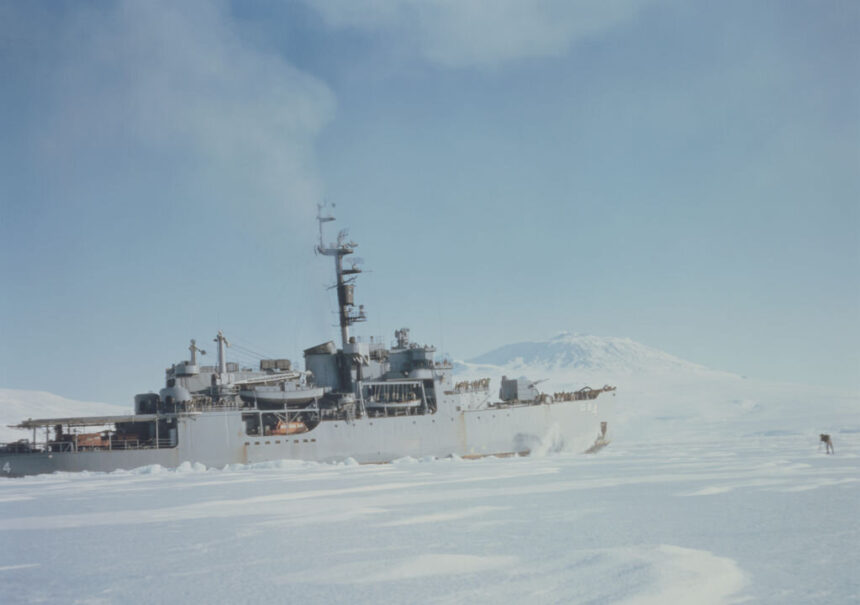The discovery of massive oil and gas reserves in the Antarctic region by Russia has raised concerns about potential drilling activities that could violate international policy and stoke political tensions in the area.
Russia, through its state-run geological surveyor RosGeo, found these reserves in British territory, estimating them to be around 511 billion barrels of oil, equivalent to ten times the North Seas’ oil production over the past five decades.
Despite the 1959 Antarctic Treaty prohibiting oil exploration, mining, and other mineral-related activities in the region to safeguard its environment and ecosystem, Russia’s move to assess offshore oil and gas potential has sparked worries about escalating political disputes.
Parliamentary Under-Secretary of State for Americas and Caribbean, David Rutley, clarified that Russia’s recent discovery was solely for scientific purposes, aiming to allay concerns about geopolitical tensions.
However, the increased oil and gas prices in Europe following Russia’s invasion of Ukraine have prompted calls for the UK government to reduce its reliance on Russian energy supplies. Russia’s actions, including limiting gas exports to Europe, have led to gas shortages in the region.
In response to the changing energy landscape post-Ukraine invasion, European countries are revising their energy security strategies to lessen dependence on Russian imports. The UK, for example, previously sourced a significant portion of its oil and diesel from Russia, making it vulnerable to market volatility in the oil and gas sector.
Meanwhile, China has emerged as the largest importer of Russian oil, further shaping the global energy dynamics in the wake of geopolitical developments.





